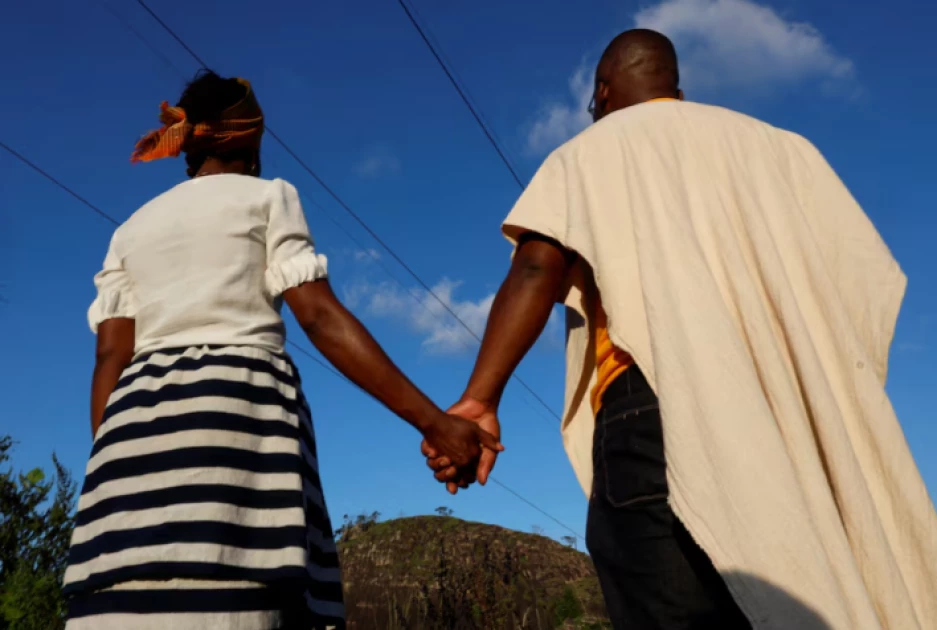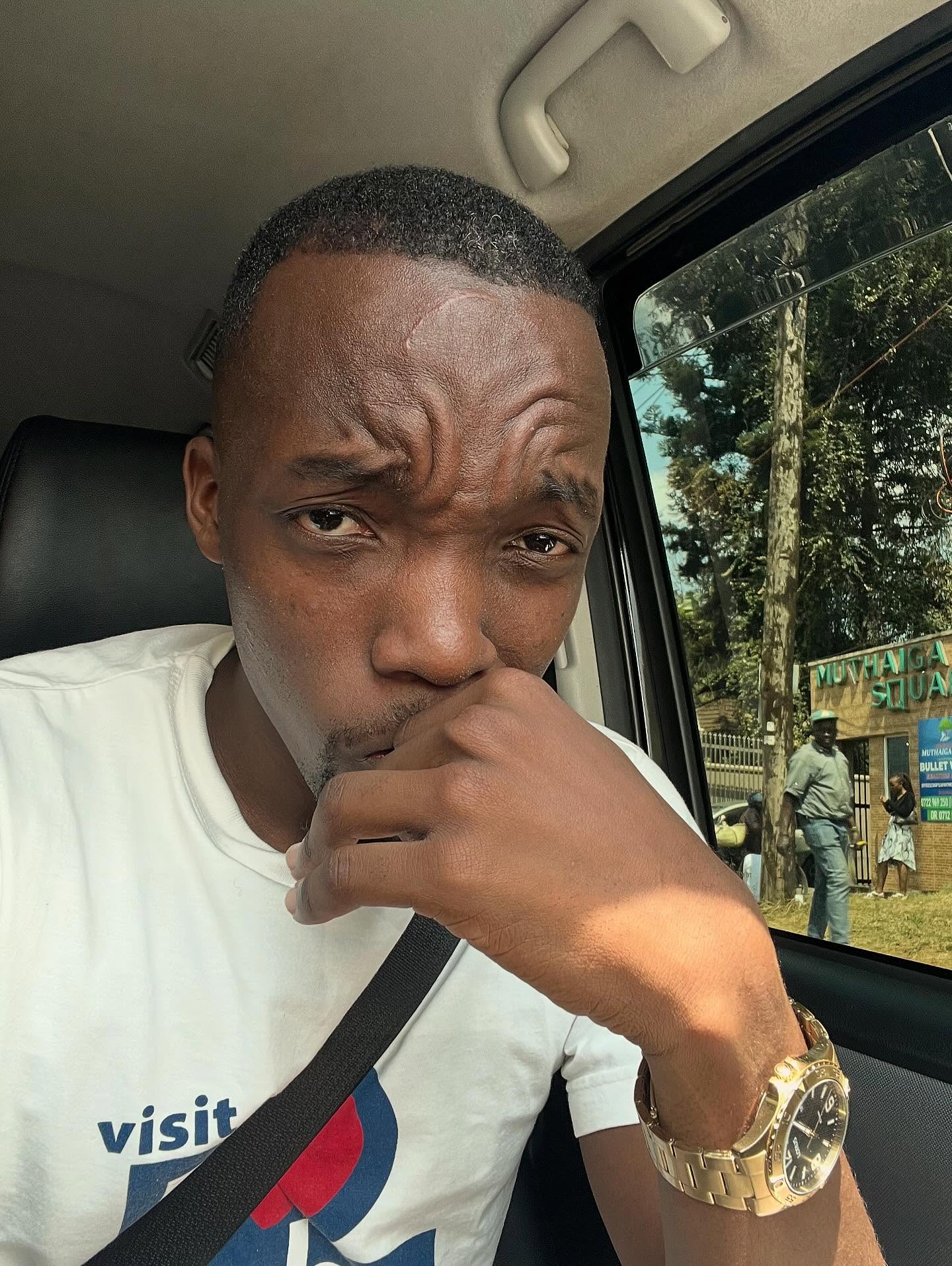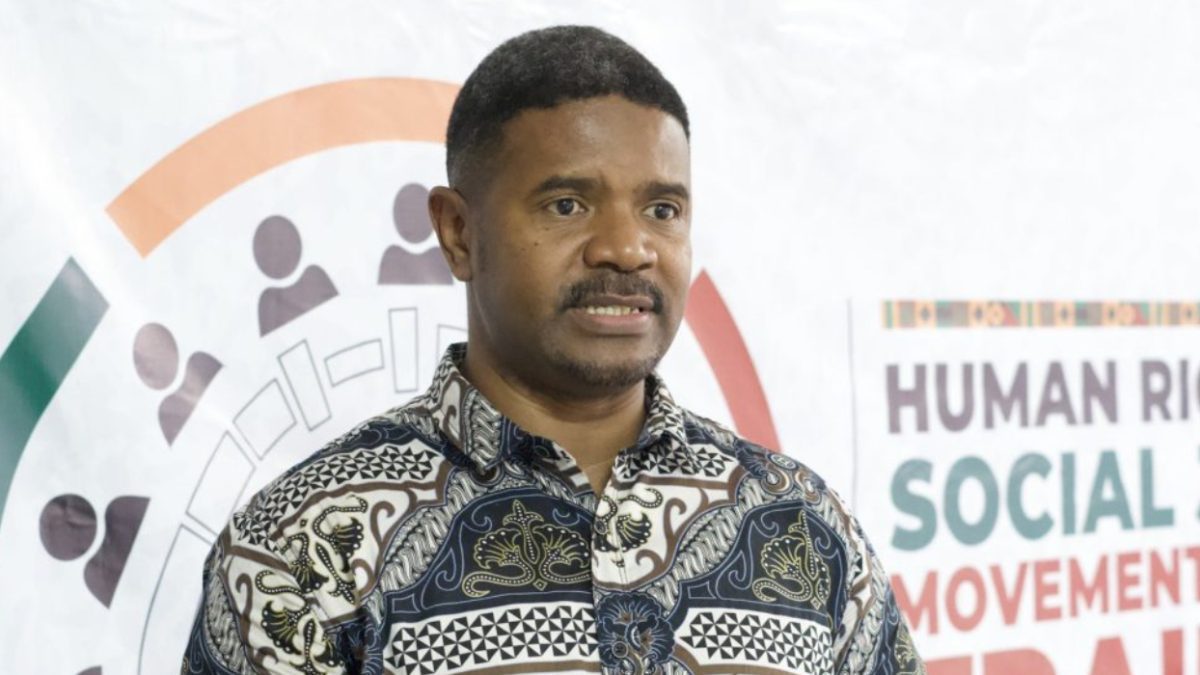How ‘Reconciliation Marriages’ Are Helping Ivory Coast Heal After Election Violence

In Duekoue, a small town in Ivory Coast once devastated by post-election violence and mass killings, an unexpected form of peacebuilding is bringing communities together, “reconciliation marriages.” These unions between members of rival ethnic groups are helping bridge deep divisions that have lingered since the country’s deadly conflict more than a decade ago.
Dozens of couples from different ethnic backgrounds have tied the knot in recent years through the efforts of Limpia. This local nonprofit promotes peace through social programs, youth engagement, and marriage counselling. The organization’s director, Alexis Kango, says these marriages are a powerful way to rebuild trust and unity. “These marriages will create many grandsons and great-grandsons … who will be forced to share everything in terms of heritage and language,” Kango said, showing photos of couples the group has supported.
How Are Marriages Helping to Heal Old Wounds?
One of the earliest couples to unite through Limpia’s efforts were Matinez Pode, a member of the Guere community, and Elisabelle Kouadio Ahou, from the Baoule ethnic group. Their marriage in 2012 came just a year after the brutal massacre in Duekoue, where Human Rights Watch reported that pro-Ouattara forces killed hundreds of Guere people following former President Laurent Gbagbo’s refusal to accept defeat to Alassane Ouattara.
Both Pode and Kouadio faced strong opposition from their families. Kouadio’s relatives even repeated false rumours that the Gueres practiced cannibalism. But the couple went ahead with their wedding, dressed in traditional beige boubou robes and gold jewelry. “Over time, the parents understood that we were determined to live together,” Pode said.
Can Reconciliation Marriages Prevent Future Conflict?
As Ivory Coast heads into another election, Limpia continues its mission to prevent violence by encouraging interethnic unity. Kango has already planned a mass wedding ceremony for ten more couples early next year. “Before and after the elections, we will do everything necessary to stop violence in the city, so that these couples who live together can continue to live in peace,” he said.
While the 2025 election period has remained largely calm, the Ivory Coast has not experienced a completely peaceful vote since 1995, according to the International Crisis Group. Land disputes and political rivalries, particularly between groups such as the Gueres and the Dioulas, have historically fueled unrest in regions like Duekoue, which lies at the heart of the country’s cocoa belt.
For people like Souleymane Taha, a Guere man married to Matoma Doumbia, a Dioula woman, the results of such unions are clear. “Mixed marriages bring peace to communities,” he said. Their relationship has remained strong even during tense political seasons, a small but powerful reminder that unity at home can help rebuild peace in a nation.
By Modester Nasimiyu










